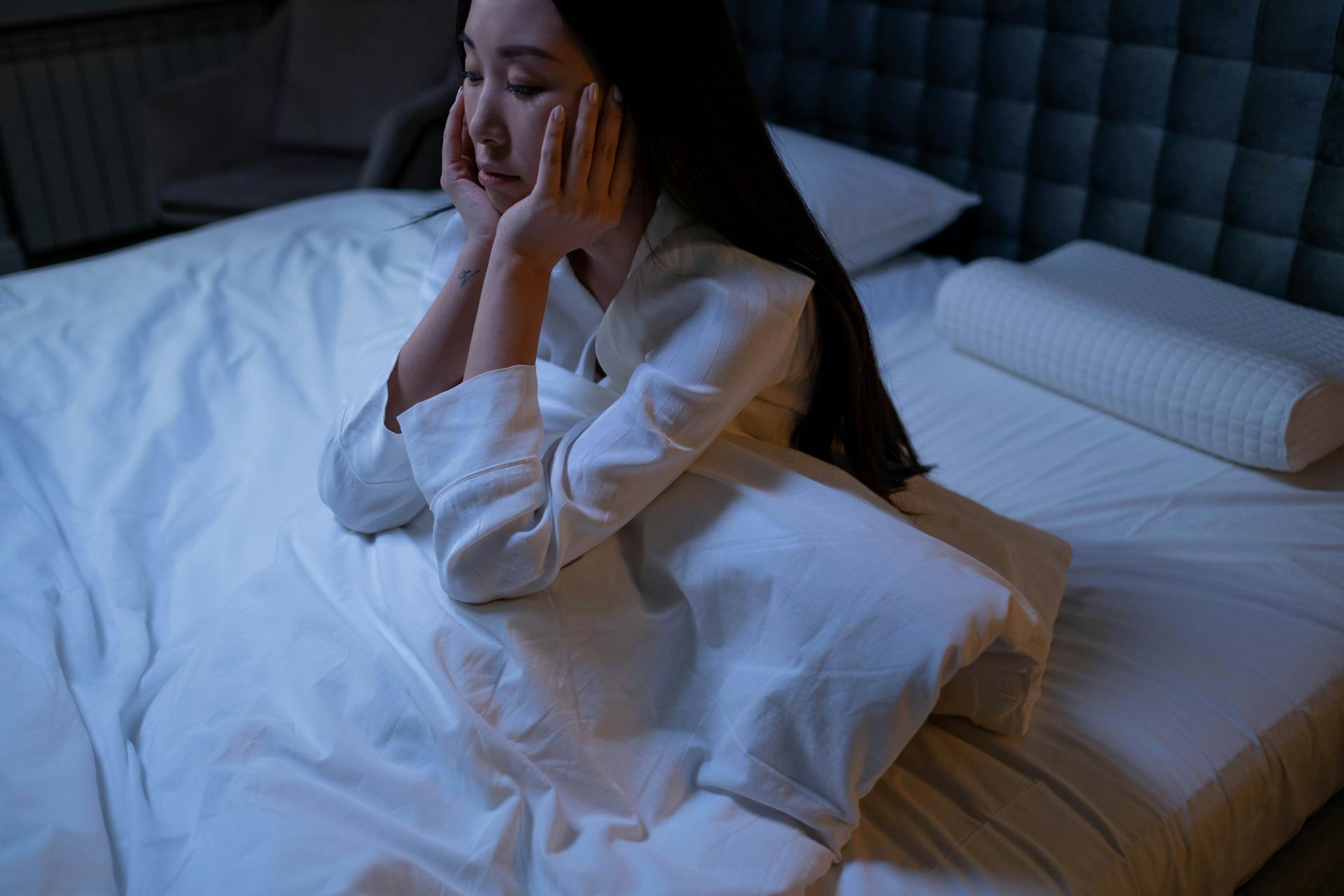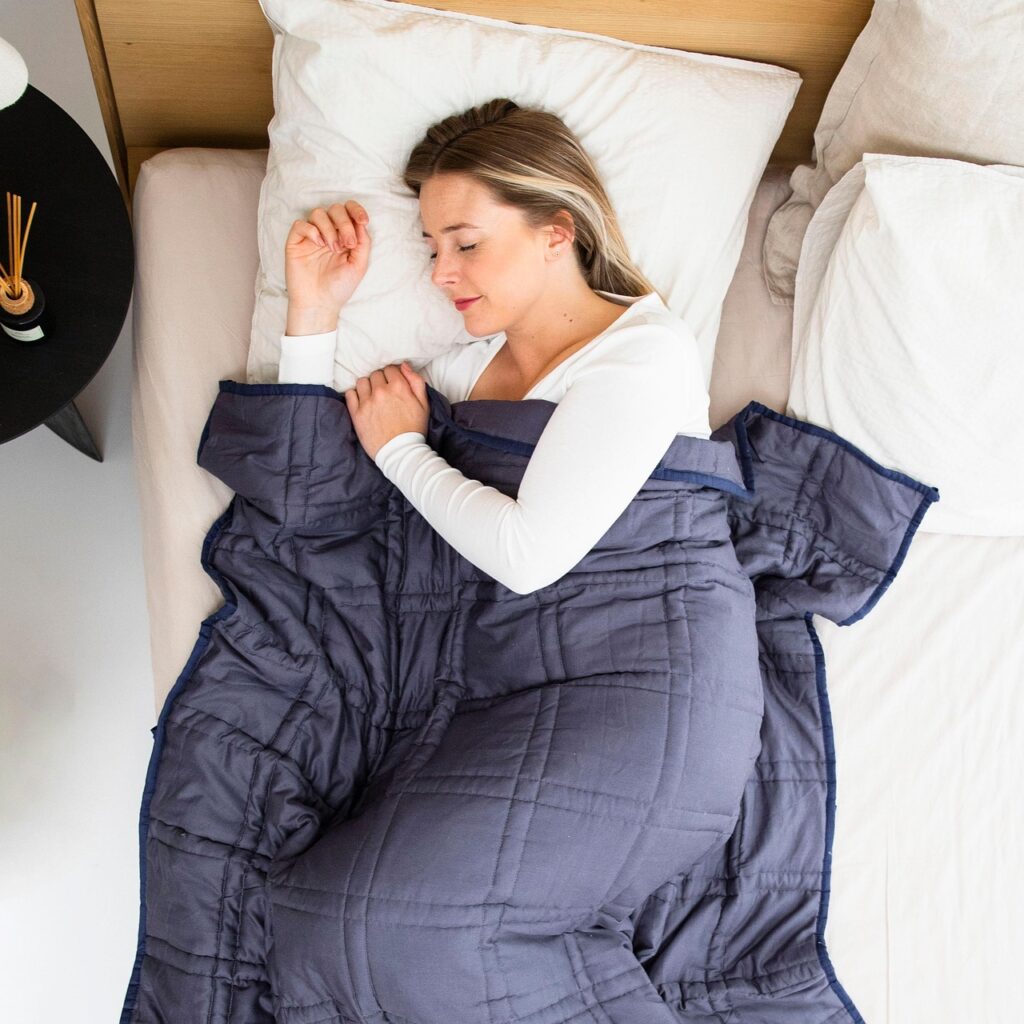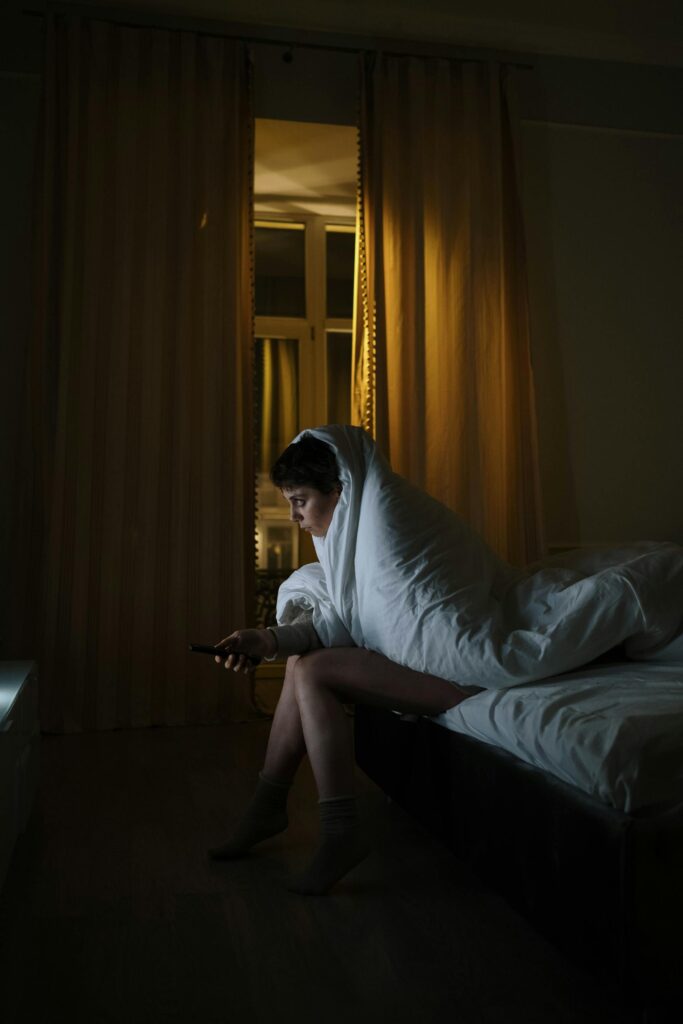
Sleep disorders come in many forms—but they all affect your energy, focus, mood, and health. Here are some of the most common ones people face:
Insomnia – Can’t fall asleep, stay asleep, or wake up too early? You’re not alone.
Sleep Apnea – Breathing interruptions that leave you exhausted, even after a full night in bed.
Restless Legs Syndrome (RLS) – That urge to move your legs, especially at night, can be more than annoying—it can disrupt your entire night.
Circadian Rhythm Disorders – When your internal body clock is off, everything else feels off too.
In the book, I explain these in plain language, share signs to watch out for, and offer easy ways to explore if these might be affecting you.
The most common sleep disorder, characterized by persistent difficulty falling asleep, staying asleep, or achieving restorative sleep.
A potentially serious disorder where breathing repeatedly stops and starts during sleep, leading to loud snoring, gasping, and daytime fatigue. Obstructive sleep apnea (OSA) is the most common form.
A chronic neurological condition marked by overwhelming daytime sleepiness and sudden "sleep attacks," often accompanied by cataplexy (sudden loss of muscle tone triggered by strong emotions).
An irresistible urge to move the legs, usually accompanied by uncomfortable sensations, especially in the evenings or during periods of rest.
Unusual and undesirable physical events or experiences that disrupt sleep, such as sleepwalking, sleep talking, night terrors, and REM sleep behavior disorder.
Conditions that disrupt the body's natural sleep-wake cycle, often due to shift work, jet lag, or an irregular sleep schedule.
Sleep isn’t just rest—it’s your body’s repair mode. Here’s what good sleep supports:
Immune system strength
Memory, focus, and learning
Healthy weight and appetite control
Mood balance and emotional resilience
Hormone regulation and cell repair
And when you’re not getting enough? All of these areas take a hit. That’s why treating sleep disorders isn’t just about sleep—it’s about whole-body health.

💡 Note: These symptoms don’t mean something is “wrong with you.” They’re just clues, and together, we’ll decode them.
If you’re still unsure what’s causing your sleep issues, you’re not out of options. A sleep study can help track what’s happening in your body while you sleep—and give you clear answers. For some, using a CPAP machine to keep airways open at night can be a life-changing fix.
In the book, I walk you through how to prepare for a sleep study, what to expect, and how to understand your results without getting overwhelmed. If you need a CPAP, don’t worry, I’ll show you how to get comfortable with it step by step.

You don’t need to fight your body. You just need to listen to it.
And I’m here to help you do just that—with clarity, comfort, and kindness.
👇 Let’s take that first step together.
Download our free guide to trusted tools & support that help.